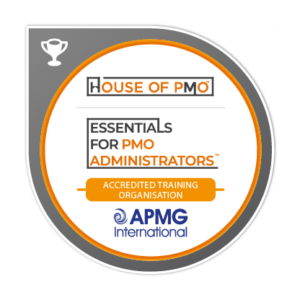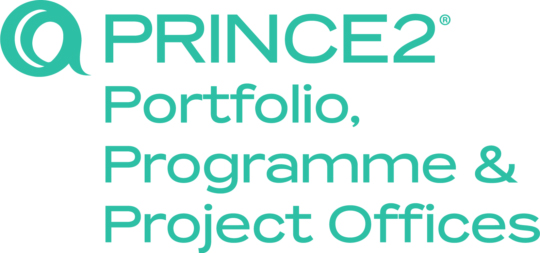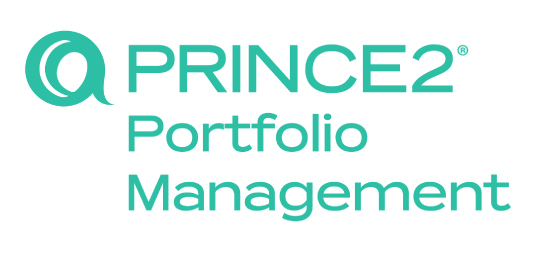In this article, we wanted to focus on the current PMO leaders within organisations – PMO Leads, PMO Managers, PMO Directors – and anyone working within PMO who is currently responsible for developing the people within the PMO team.
 We’ve recently released a great resource called – Training Needs Analysis for PMO Professionals – which is an approach that many people managers use when developing the capability within the team. You can access and download that here. The Training Needs Analysis contains a stepped process you can utilise and in one of the steps, the focus is finding the right kinds of development once you’ve accessed what is needed in the team and how your team members are faring against that assessment.
We’ve recently released a great resource called – Training Needs Analysis for PMO Professionals – which is an approach that many people managers use when developing the capability within the team. You can access and download that here. The Training Needs Analysis contains a stepped process you can utilise and in one of the steps, the focus is finding the right kinds of development once you’ve accessed what is needed in the team and how your team members are faring against that assessment.
Formal training in PMO is what we are known for here at PMO Learning – both certification-based courses and the more specialist ones that get into the details of certain topic areas such as benefits management and assurance.
There are other options available for developing PMO staff, especially those who are at the beginning of their PMO careers and are showing great promise for leading in the future.
Here are some options to think about when it comes to devising your own management plan in relation to developing the people in your PMO.
1. Mentoring and Coaching
Mentorship is vital. Pairing new or inexperienced team members with experienced mentors who can provide guidance, share experiences, and offer career advice is a powerful approach. As is, regular one-on-one coaching sessions can help address individual development needs and career aspirations.
Do you see natural mentors or coaches already in your more experienced PMO team members? Not only is it a great development opportunity for those new to PMO, it’s also great for experienced professionals too, allowing them to add another dimension to their day-to-day work.
2. Structured Training Programs
 Investing in structured training programs that cover both the technical and soft skills required in PMO roles is what most people new to PMO need. We tend to focus on the technical first, as project management fundamentals may be needed before going deeper into areas like project management methodologies, risk management, benefits, and so on.
Investing in structured training programs that cover both the technical and soft skills required in PMO roles is what most people new to PMO need. We tend to focus on the technical first, as project management fundamentals may be needed before going deeper into areas like project management methodologies, risk management, benefits, and so on.
It’s the interpersonal or behaviour development that is often missing in most people’s development plans but this could be an opportunity for you – to make a real difference as a manager and leader of the PMO.
PMO Learning’s Essentials for PMO Administrators course is a great one for those completely new to PMO. It does cover the project management fundamentals as well as the expectations of what the role is all about. That covers the competencies, skills, knowledge and behaviours so definitely one to check out.
3. Encourage Continuous Learning
Promote a culture of continuous learning. Encourage your new staff to attend as many workshops, webinars, and industry conferences as possible. Providing access to online learning platforms and resources can also help them stay updated with the latest industry trends. Sometimes we overlook what those new to the company and new to a role like PMO might find useful because its been a few years since we were in their shoes.
Here’s an opportunity to think a little differently – perhaps thinking back over your own career and what you found useful – both formal training and some of the more informal opportunities too.
4. Hands-on Experience
There’s no substitute for real-world experience. Assign newer members to projects where they can take on more responsibility gradually might not be for everyone but there will be people with the ambition and the confidence to take those steps. Start with smaller tasks and progressively increase their responsibilities as they gain more confidence and competence.
The projects can be internal PMO based ones – perhaps something like putting together an event or utilising the current PPM tool to add new functionality or a new design of report. Or it could be a delegation from you to them, another opportunity for learning for you to think about.
5. Feedback and Recognition
Provide regular, constructive feedback. Recognise their achievements and progress, no matter how small. Positive reinforcement can boost their morale and motivation. Constructive feedback helps them understand areas for improvement and develop necessary skills.
Research shows that younger generations, such as Millennials and Gen Z, particularly thrive on regular feedback and recognition. According to a study by Gallup, Millennials prefer to receive feedback more frequently than older generations, with 44% of them feeling engaged when they meet with their manager regularly. Additionally, Gen Z employees value recognition and acknowledgment of their contributions.
6. Career Development Plans
Work with your younger or new to the team members to create individual career development plans. Identify their strengths, areas for improvement, and career goals. Set clear, achievable milestones and review these plans regularly to track progress and make adjustments as needed.
This might already be part of the performance review process however an annual plan may need more frequent catchups to understand the progress and potentially make changes.
7. Foster a Collaborative Environment
Create an environment that encourages collaboration and knowledge sharing. Regular team meetings, brainstorming sessions, and cross-functional projects can help newer members learn from their peers and gain a broader perspective of the organisation.
One of the best ways to bring the PMO today is through regular communities-of-practice meetings and PMO away days. New members are not just learning from peers, they’re also having the opportunity to learn how to collaborate which is a crucial skill in itself.
8. Promote Work-Life Balance
Encourage a healthy work-life balance. Burnout can be a significant issue, especially for new members who are still adjusting to the demands of their roles.
With the rise of mental health and wellbeing initiatives within organisations, it has become easier to place work-life balance on the agenda and more crucially what that really means when working in the PMO. There will always be times where work can become overly demanding – especially supporting projects and programmes around go-live times – but team members will be looking to you to lead by example.
9. Lead by Example
And on that note, as a PMO Manager, your actions set the tone for your team. Demonstrate the values, work ethic, and commitment you expect from your team members. Being a role model can inspire them to develop similar attributes.
The takeaway here for you is – do you know what attributes you want them to develop?
Developing younger and newer staff members is an investment in your organisation’s future. By providing them with the right support, training, and opportunities, you can nurture their potential and prepare them to become the next generation of PMO leaders. Remember, their success reflects your leadership.
As a PMO Manager in a leadership role you might be interested in a couple of options from PMO Learning:
- Check out the Essentials for PMO Managers course
- Take a look at Leadership Coaching
Enjoying Our Blog?
Sign up and receive all our articles (we’ll send you an update once a week!) plus special offers and events:






